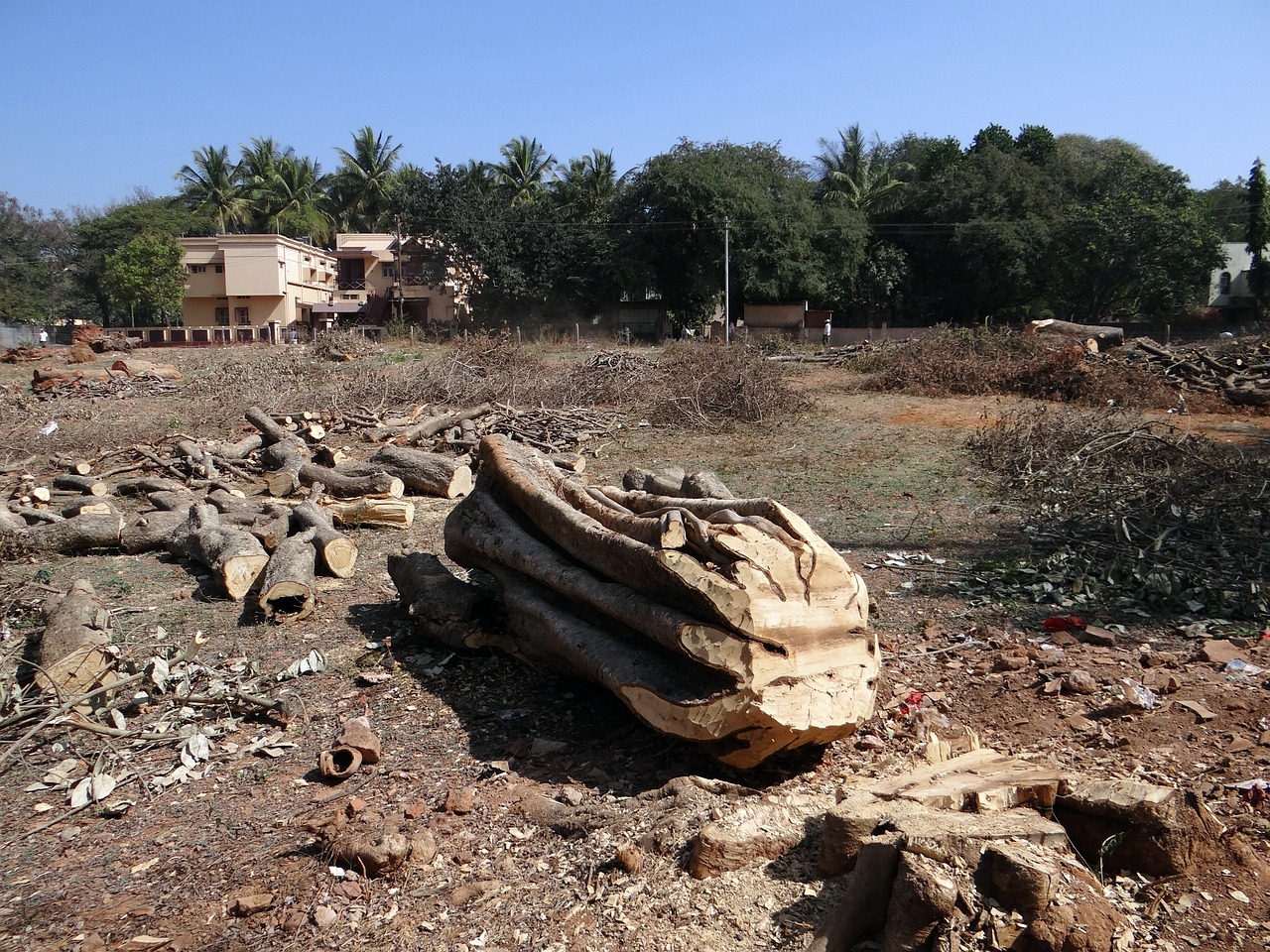Exploring the Role of Political Dynasties in Democratic Processes: Cricketbet999 login, 11xplay online id login, Betbhai9 com
cricketbet999 login, 11xplay online id login, betbhai9 com: Political dynasties have long been a controversial phenomenon in democratic processes around the world. When a particular family holds power over an extended period, questions arise about the fairness and integrity of the democratic system. In this article, we will explore the role of political dynasties in democratic processes and examine their impact on governance and representation.
Power and Influence
One of the main concerns about political dynasties is the concentration of power and influence within a single family. This can lead to a lack of diversity in political leadership, with decisions being made by a narrow group of individuals who may not represent the interests of the broader population. Furthermore, the entrenched power of dynastic families can create a sense of entitlement and privilege, leading to corruption and nepotism.
Impact on Governance
Political dynasties can also have a significant impact on governance and policymaking. When a family controls key positions of power, they may prioritize their own interests over those of the general public. This can result in policies that benefit the elite few at the expense of the majority, leading to inequality and social unrest. Additionally, dynastic politicians may be less accountable to their constituents, as they rely on family connections rather than merit to maintain their positions.
Representation and Democracy
One of the core principles of democracy is representation the idea that elected officials should reflect the diversity of the population they serve. Political dynasties can undermine this principle by perpetuating a cycle of privilege and exclusion. When the same families hold power for generations, it can be difficult for new voices and perspectives to be heard. This lack of diversity can limit the effectiveness of democratic institutions and weaken public trust in the political system.
Challenges and Solutions
Breaking the hold of political dynasties can be a daunting task, as entrenched power structures are resistant to change. However, there are steps that can be taken to promote greater transparency and accountability in governance. Implementing campaign finance reform, strengthening anti-corruption measures, and promoting merit-based appointments are all ways to reduce the influence of dynastic families in politics. Additionally, fostering a culture of civic engagement and encouraging political participation from a diverse range of voices can help to create a more inclusive and representative democracy.
In conclusion, the role of political dynasties in democratic processes is a complex and multifaceted issue. While some argue that dynastic families bring stability and continuity to governance, others contend that they can undermine the principles of democracy and limit representation. By examining the impact of political dynasties on governance, representation, and accountability, we can work towards building a more inclusive and equitable political system for all.
FAQs
Q: Are political dynasties common in democracies?
A: Political dynasties exist in many democracies around the world, including the United States, India, and the Philippines.
Q: What are some examples of famous political dynasties?
A: Examples of famous political dynasties include the Bush family in the United States, the Nehru-Gandhi family in India, and the Aquino family in the Philippines.
Q: How can citizens combat the influence of political dynasties?
A: Citizens can combat the influence of political dynasties by staying informed, voting in elections, and holding their elected officials accountable for their actions.
Q: What are some potential consequences of political dynasties?
A: Potential consequences of political dynasties include corruption, nepotism, inequality, and a lack of representation for marginalized groups.
Q: Can political dynasties ever be beneficial for democracy?
A: While political dynasties can bring stability and continuity to governance, they can also undermine the principles of democracy and limit representation, making it crucial to strike a balance between continuity and inclusivity.







